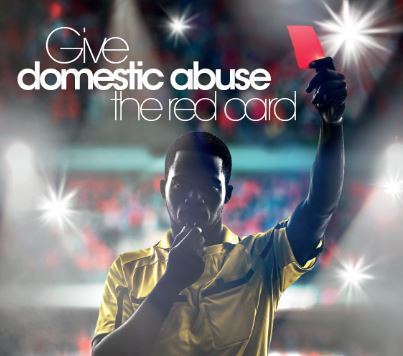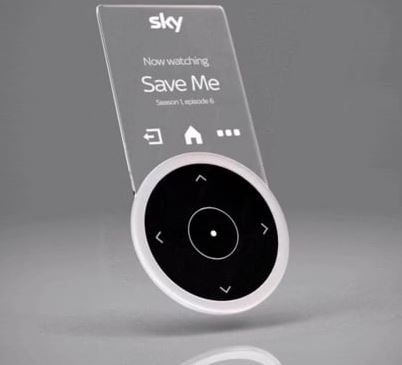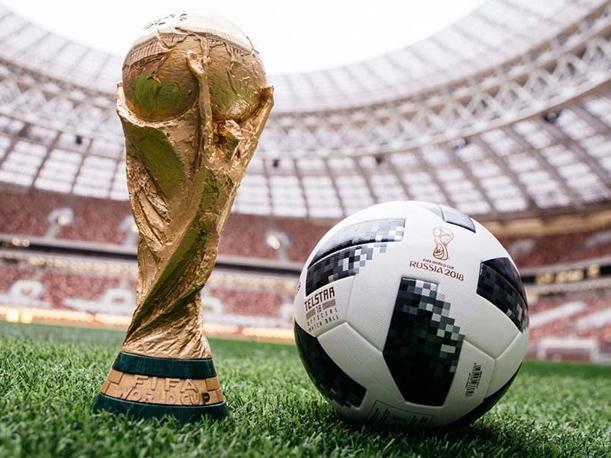Bodyform and Libresse/ Blood normal/ AMV BBDO
Wednesday October 25, 2017 | Leave a comment

The sight of period blood is still unacceptable according to most broadcast authorities, a fact that’s flagged up right at the end of a ground breaking spot that otherwise depicts the business of having a period as a perfectly normal thing to do.
In ‘Blood Normal’, devised by Abbott Mead Vickers BBDO and directed by Daniel Wolfe through Somesuch, an ideal world has been created where it is perfectly normal to ask across the table for a sanitary pad in the middle of a dinner party; for a young guy to buy pads for his girlfriend; or for a woman to leave an out-of-office sign on, to say that she will be working at home today because she is having a heavy period.
The spot features schoolgirls freely passing pads around and women experience flashes of pain, intercut with black and red graphics depicting the flow of blood. And there’s also actual blood. This is as far as the spot was able to go, with the scene of a girl wearing a pad at the end pixelated. This is the point where the ad displays a quote from the Assorted TV Broadcast Authorities Worldwide in 2017 stating: “The sight of period blood is unacceptable.”
The ad aims to make periods ‘the new normal’ and thus renders current rules on its depiction as archaic. The director was apparently inspired by a post on social media, which said ‘I can’t wait for the day when women no longer pass tampons to a friend like they are a Class A drug.’ The brand also wanted to challenge the current taboos following research it carried out, which found one third of respondents thought of periods as taboo, ahead of mental health problems and the gender pay gap.
Hopefully this ad, which will also run across YouTube, Facebook, Instagram, Snapchat and programmatic, will be the start of a new trend in sanitary products that attempts to normalise the business of having a period. Most of the people who feature in the ad were sourced through street casting but there are also some cultural influencers who will facilitate this debate online: the man seen buying sanitary products is a Swedish fashion blogger while the woman at the dinner party is a former model and activist.
The ad strikes the right balance between challenging its viewer and normalising periods, and is certainly less cringe-inducing to watch than tired images of women skydiving and brandishing swords on the back of horses. It also feels like the right time for brands to start challenging female taboos: Plan International launched a social media campaign on International Day of the Girl earlier this month challenging the social stigma around periods, while last week breast cancer charity Coppafeel! and its creative agency Fold 7 fought for the right to show breasts on British daytime television.
Still, to ensure the global campaign respected advertising regulations and cultural sensitivities in each market, some countries like the UK are running different versions of the film. But it’s a step in the right direction and a far bolder one to take than parachuting out of a helicopter.




